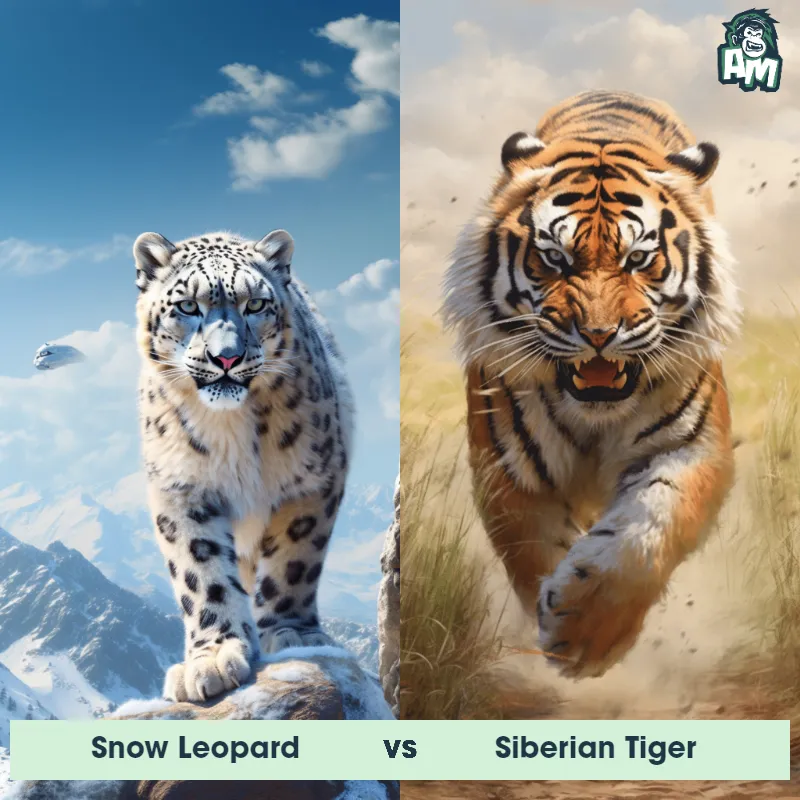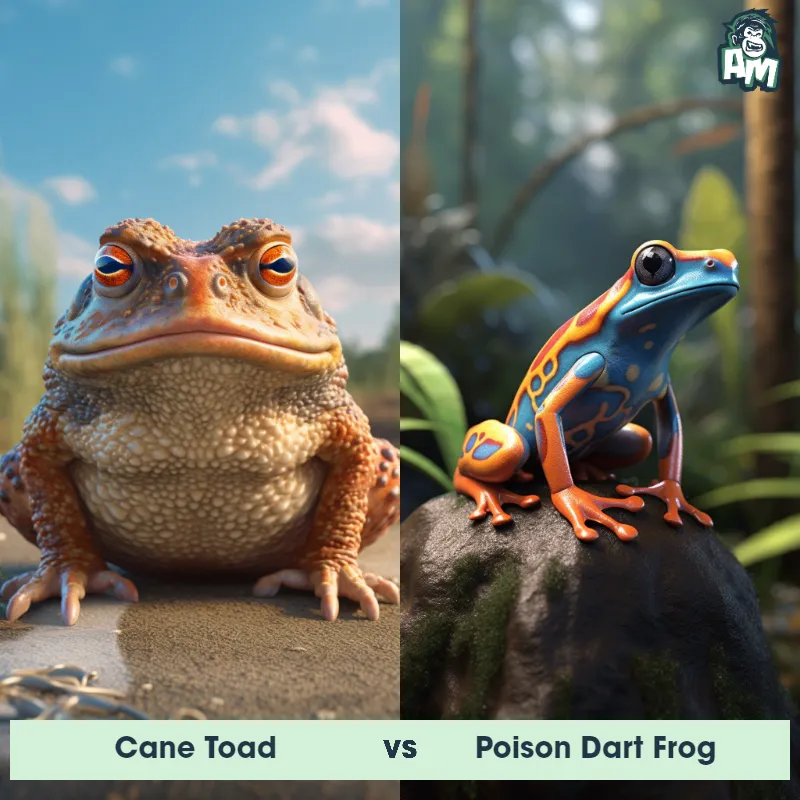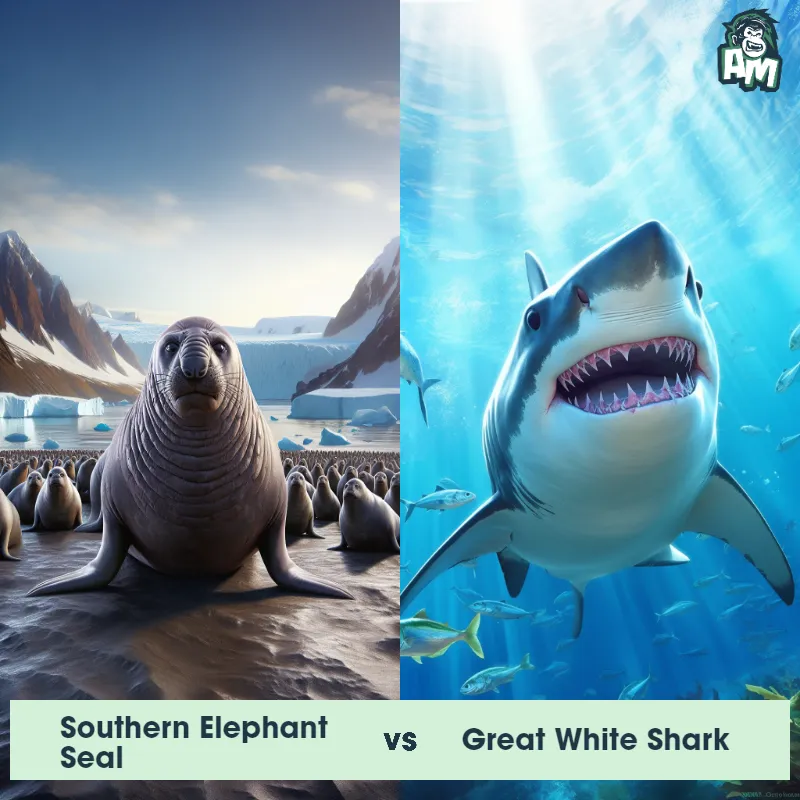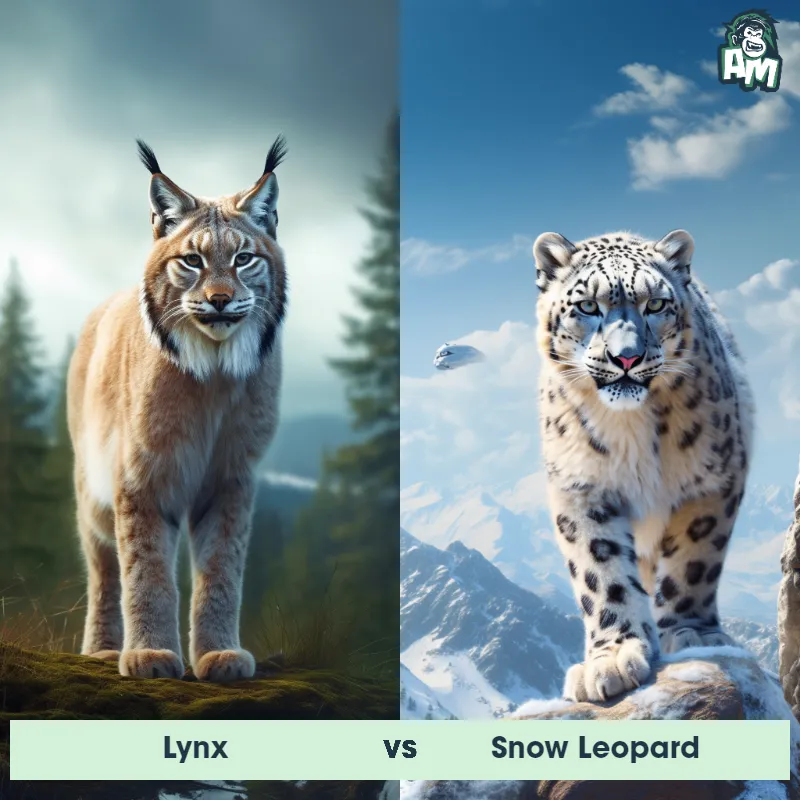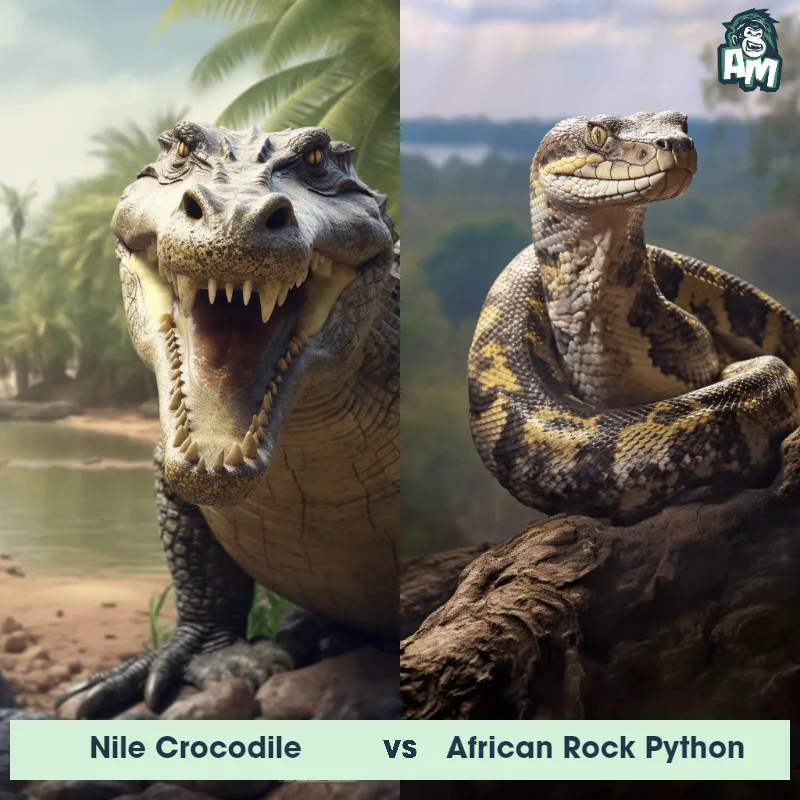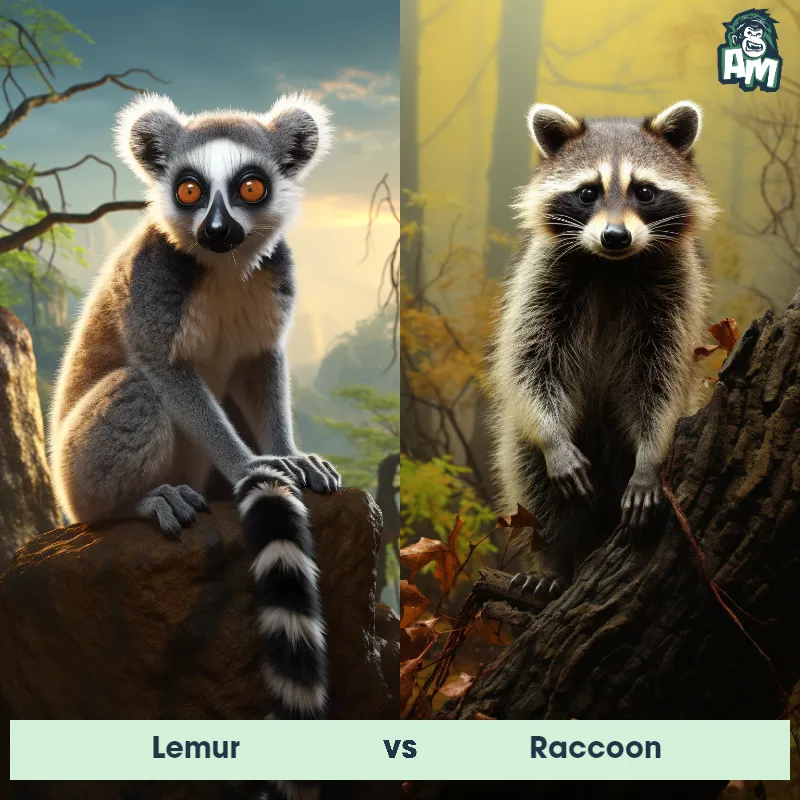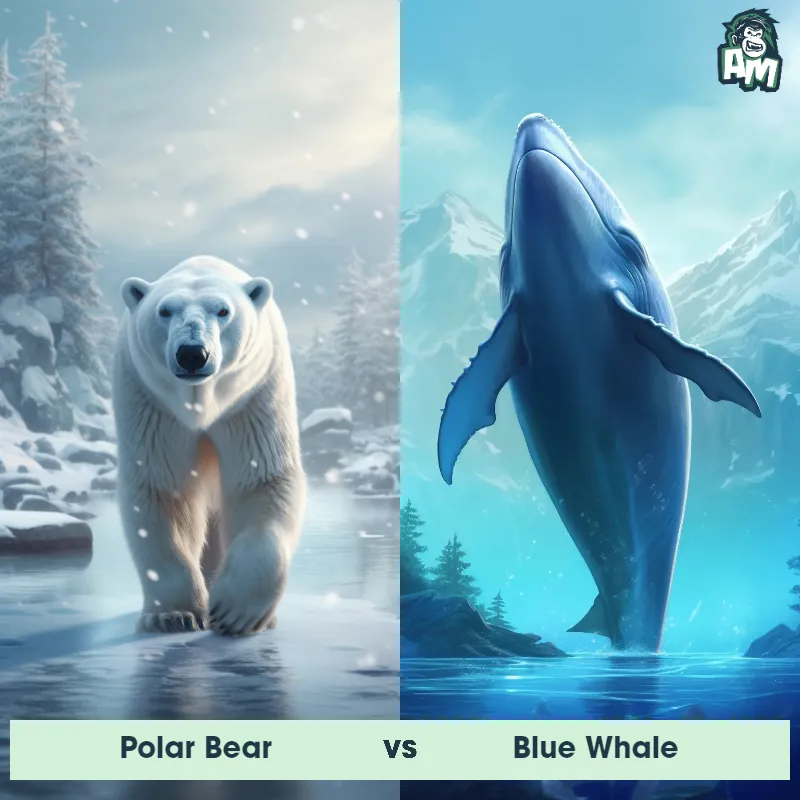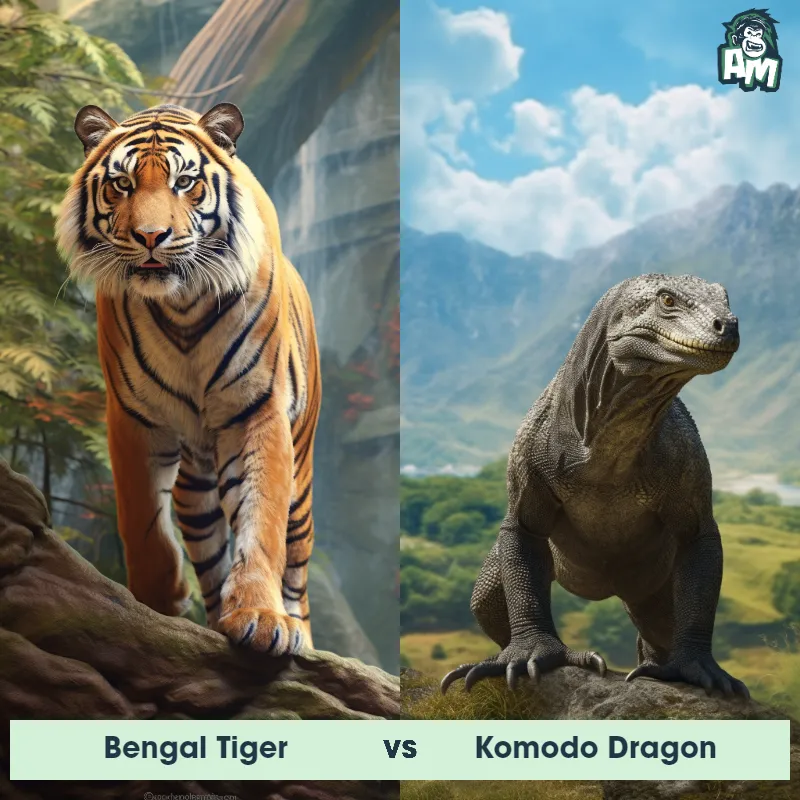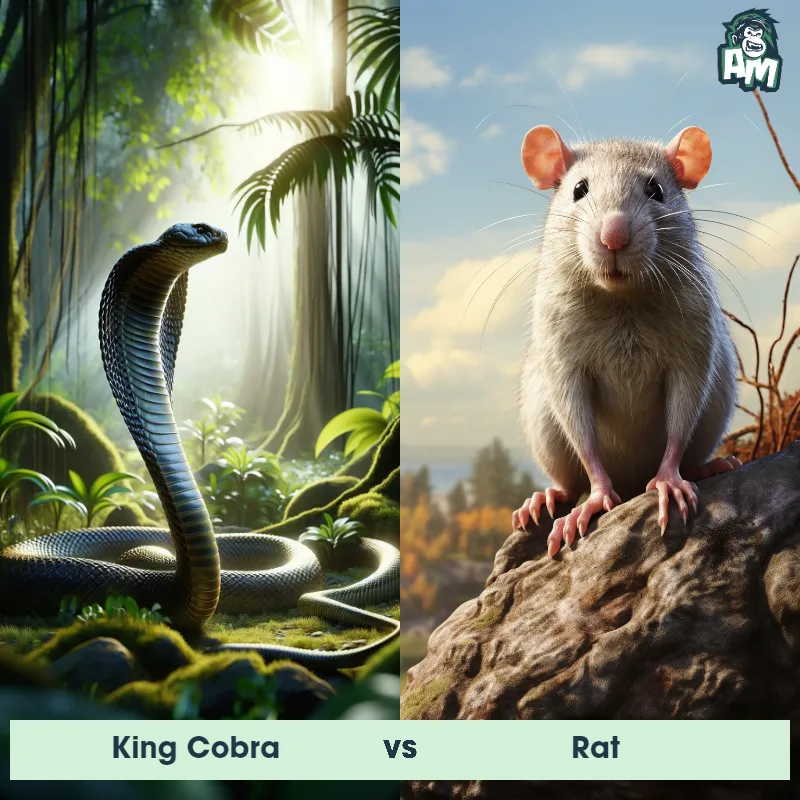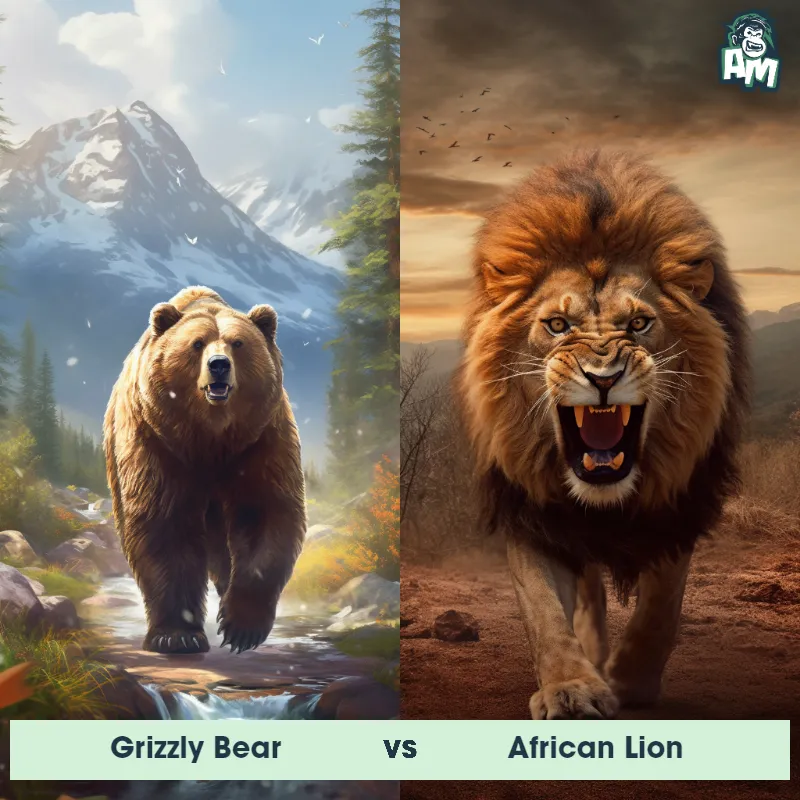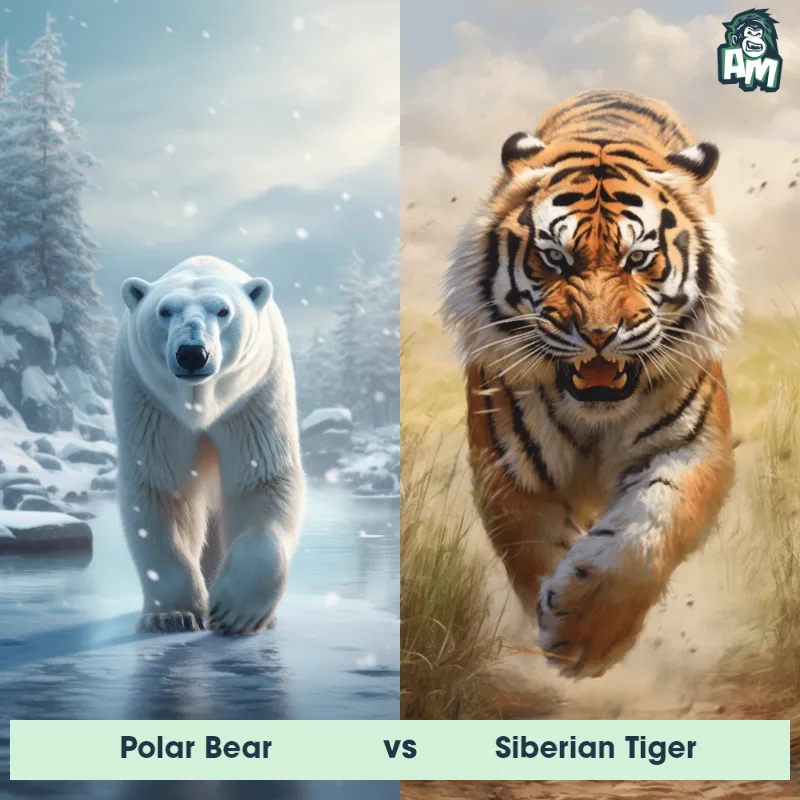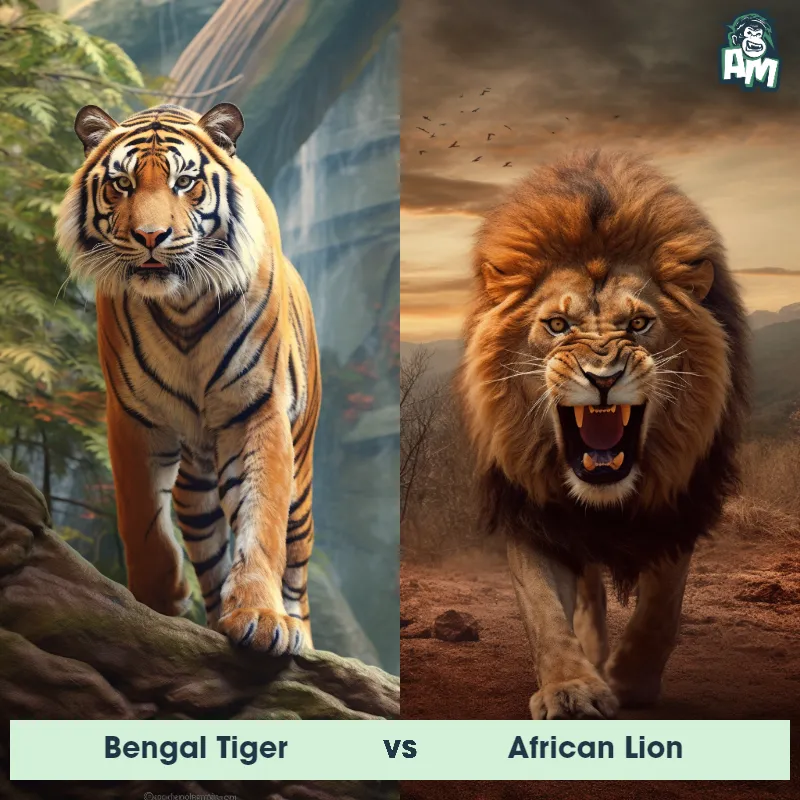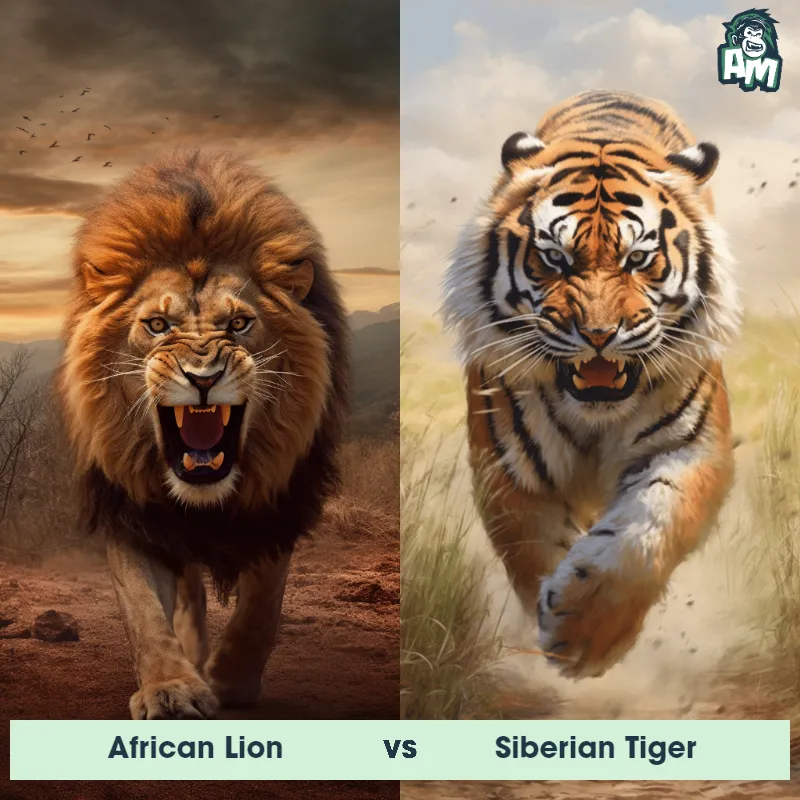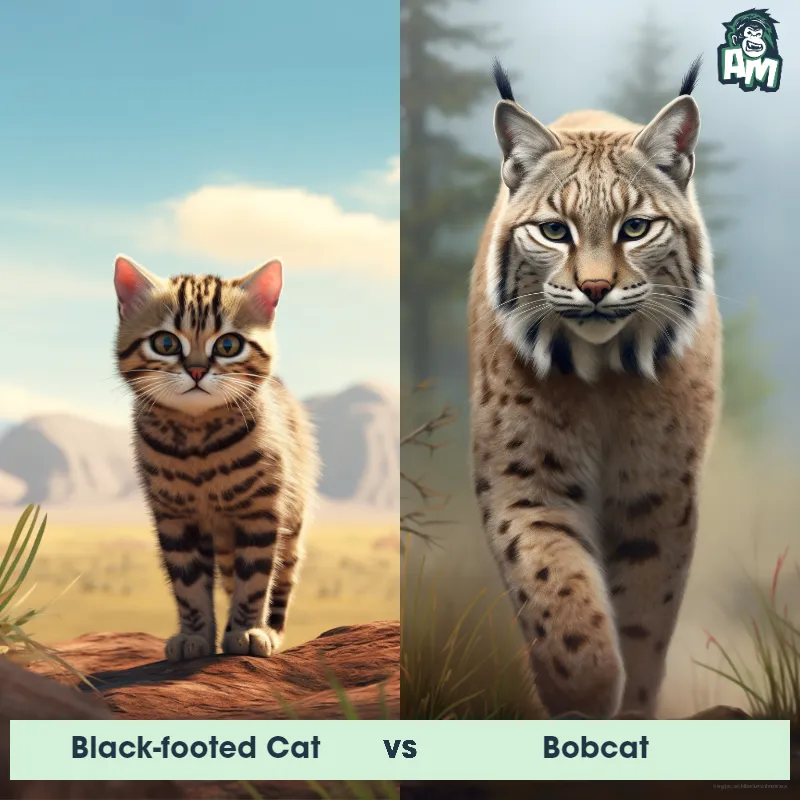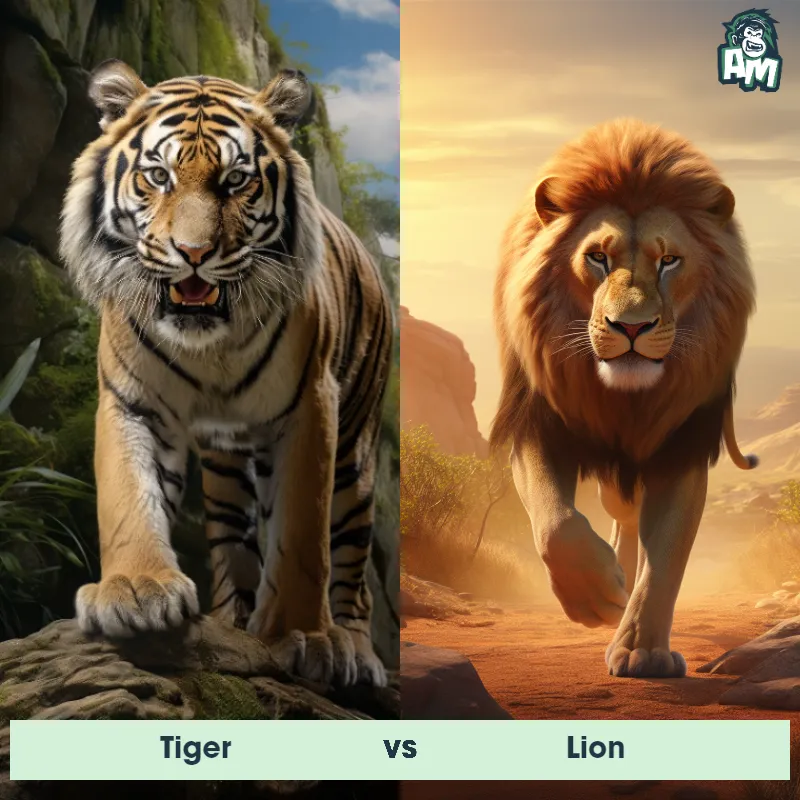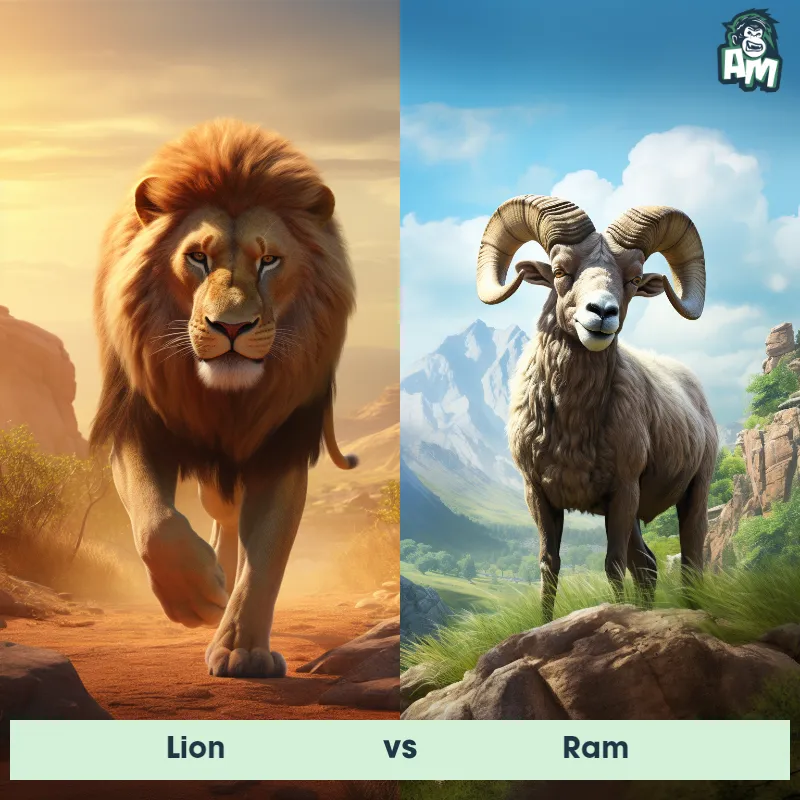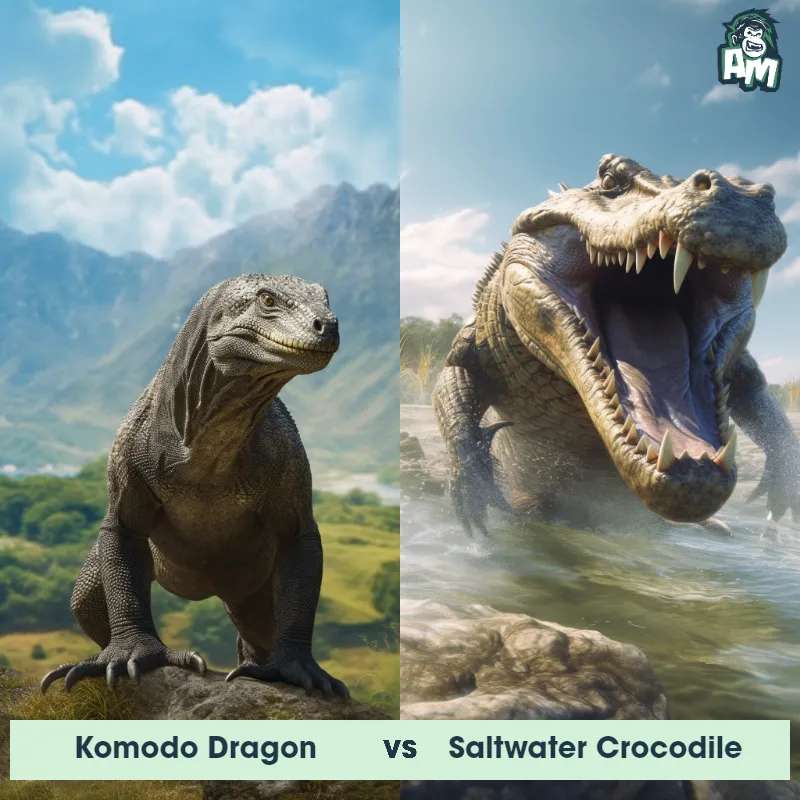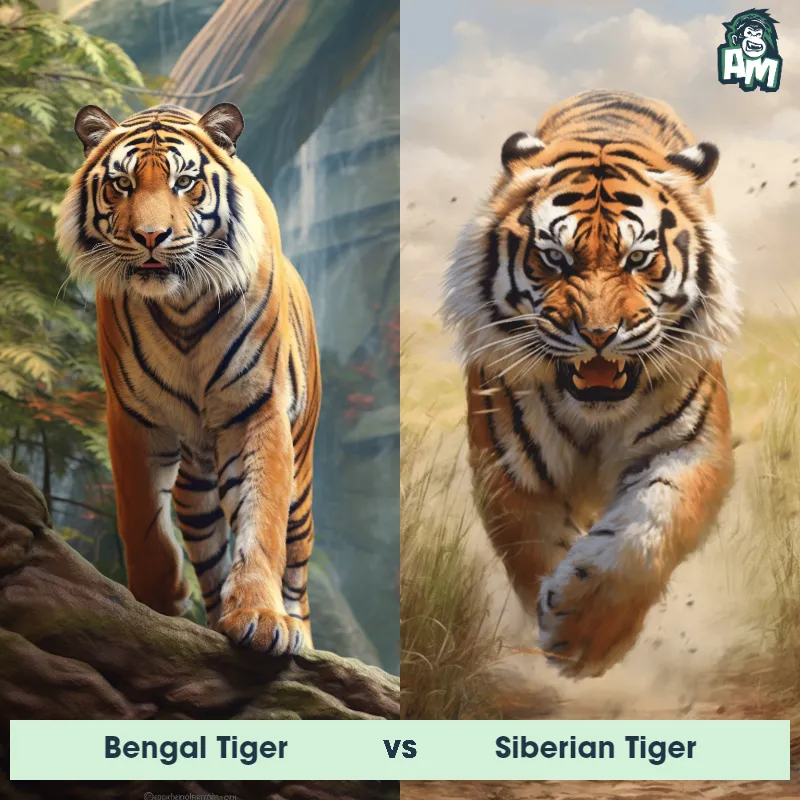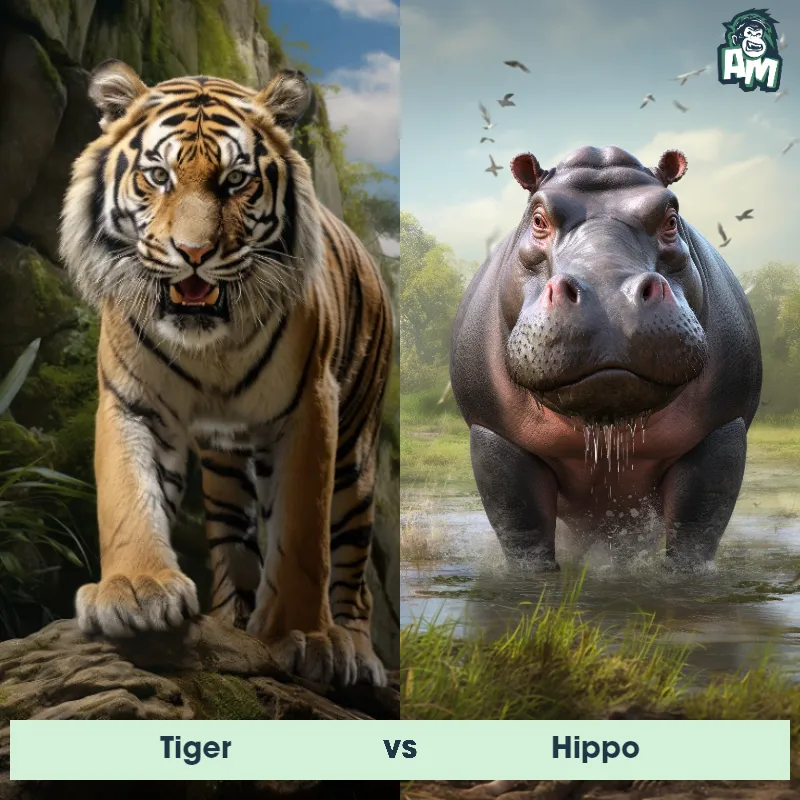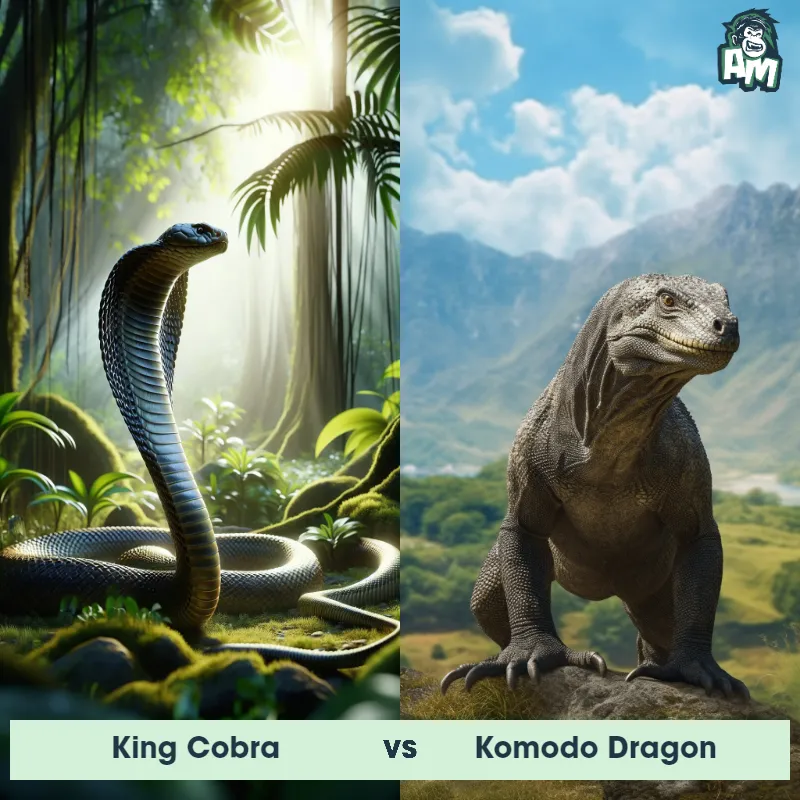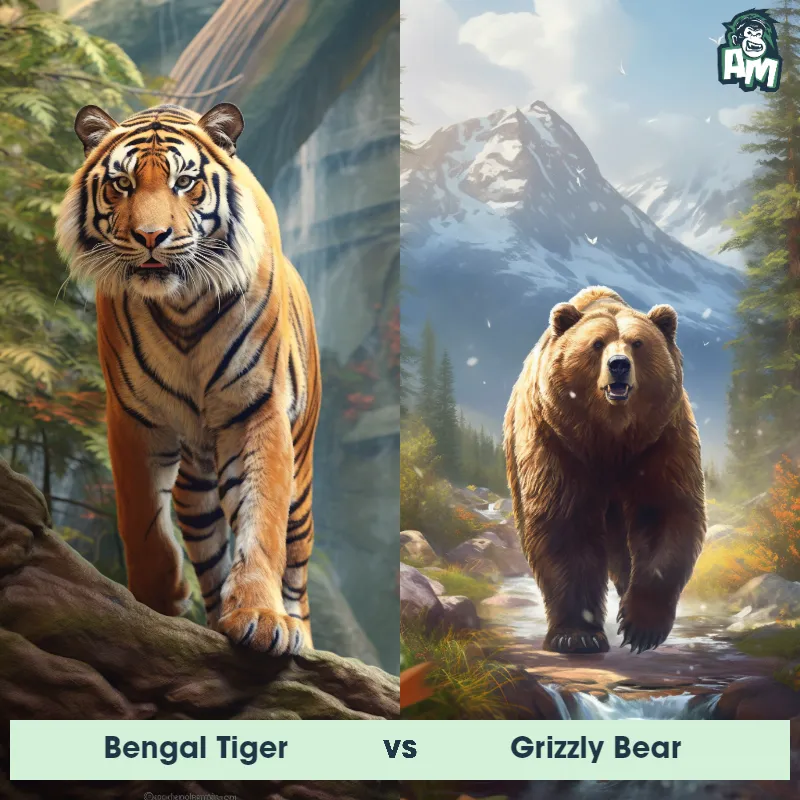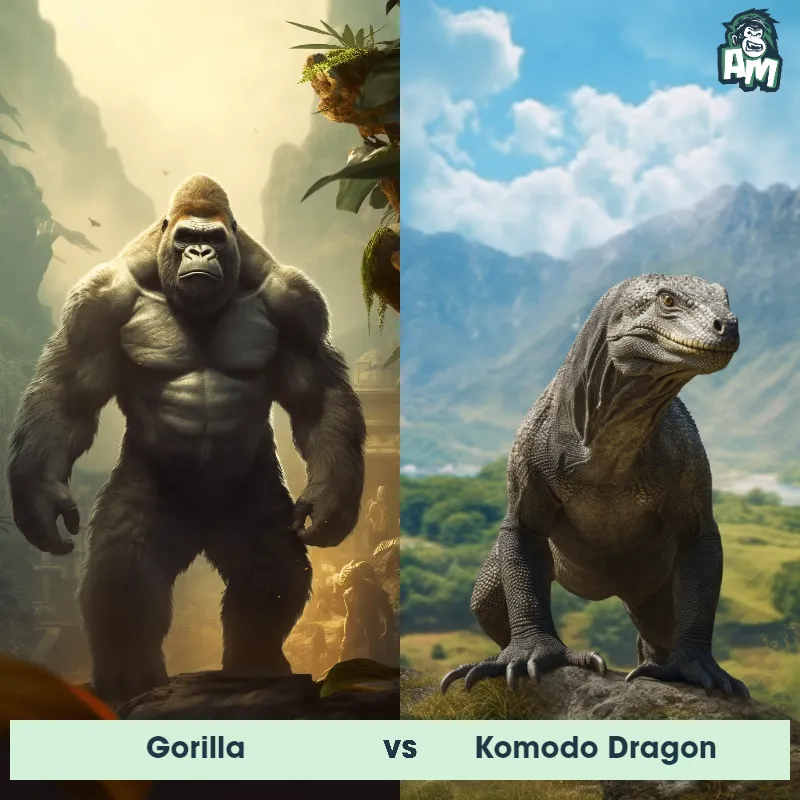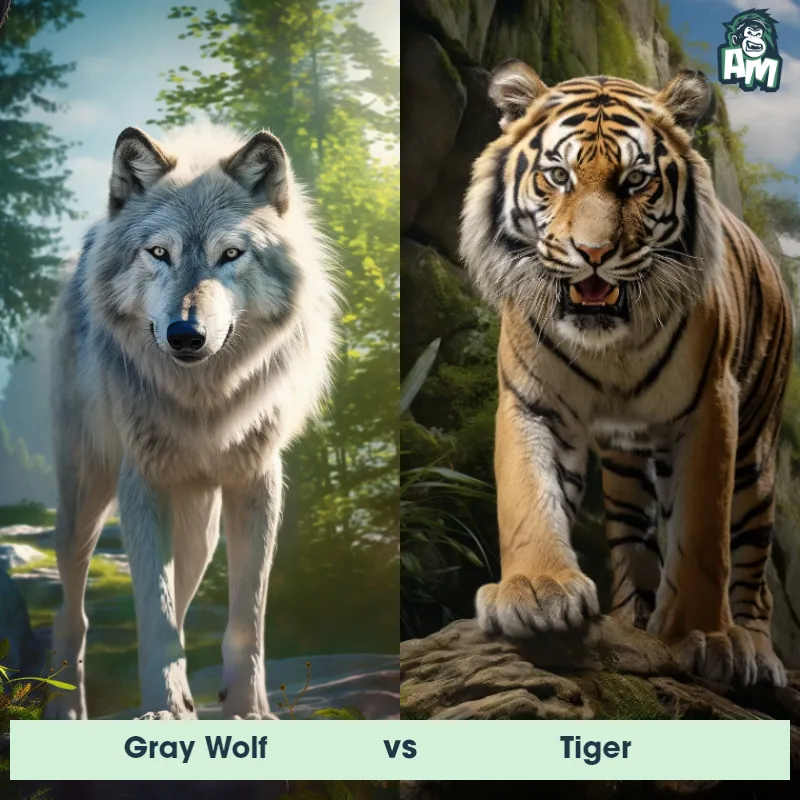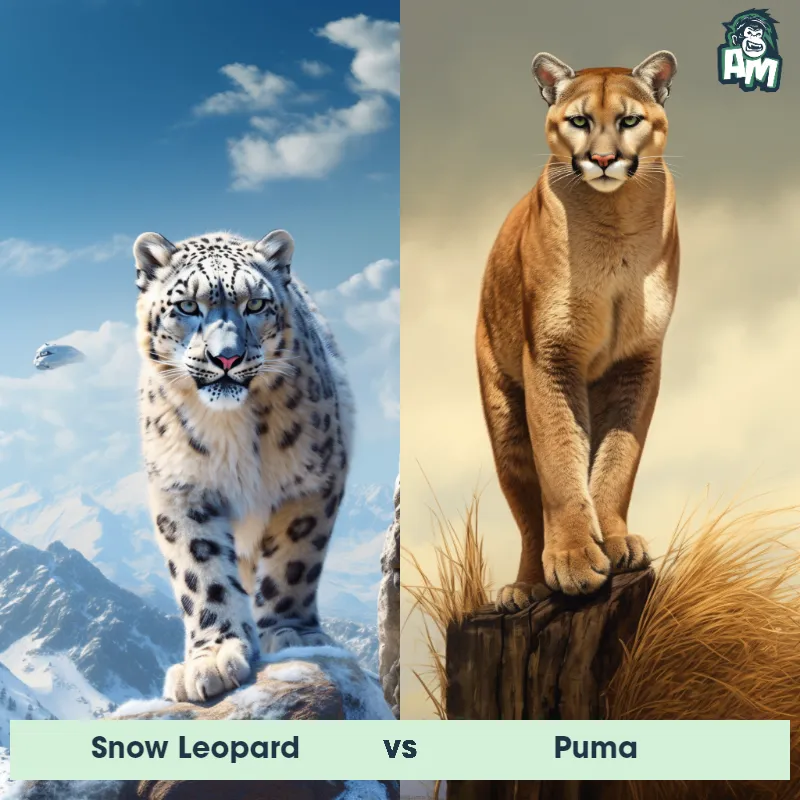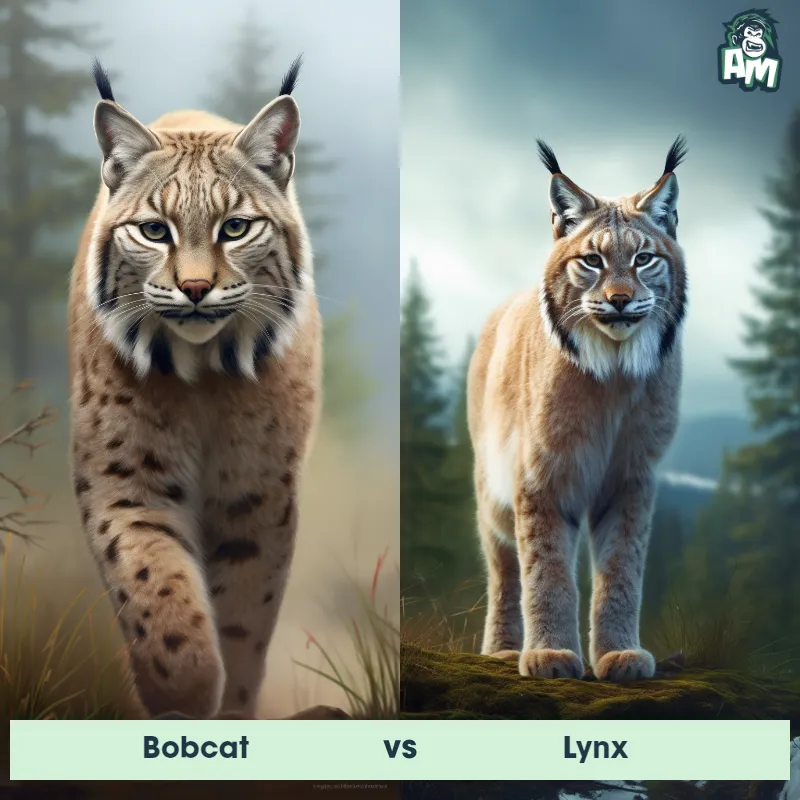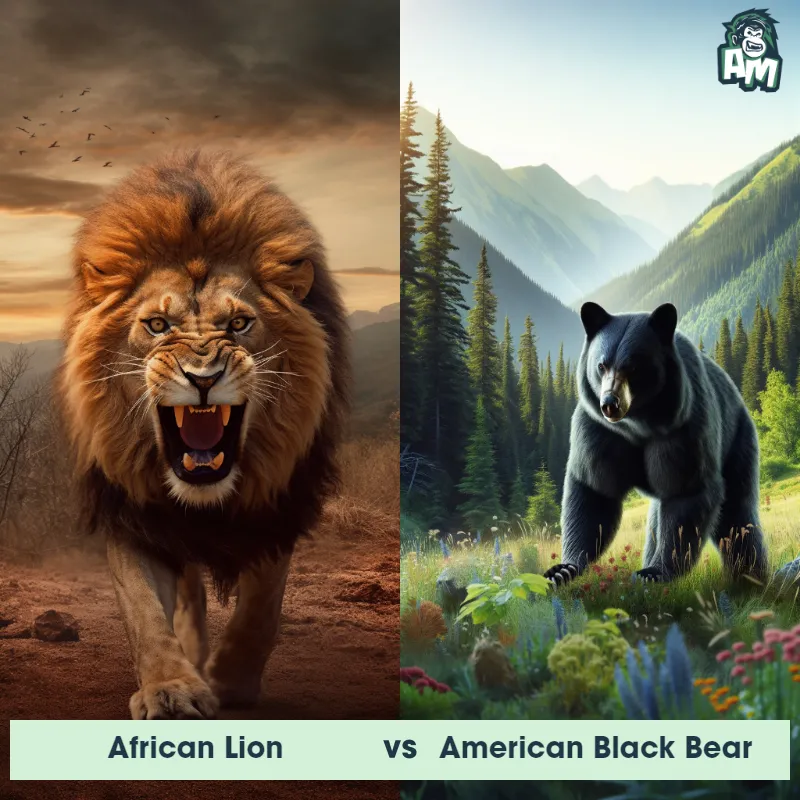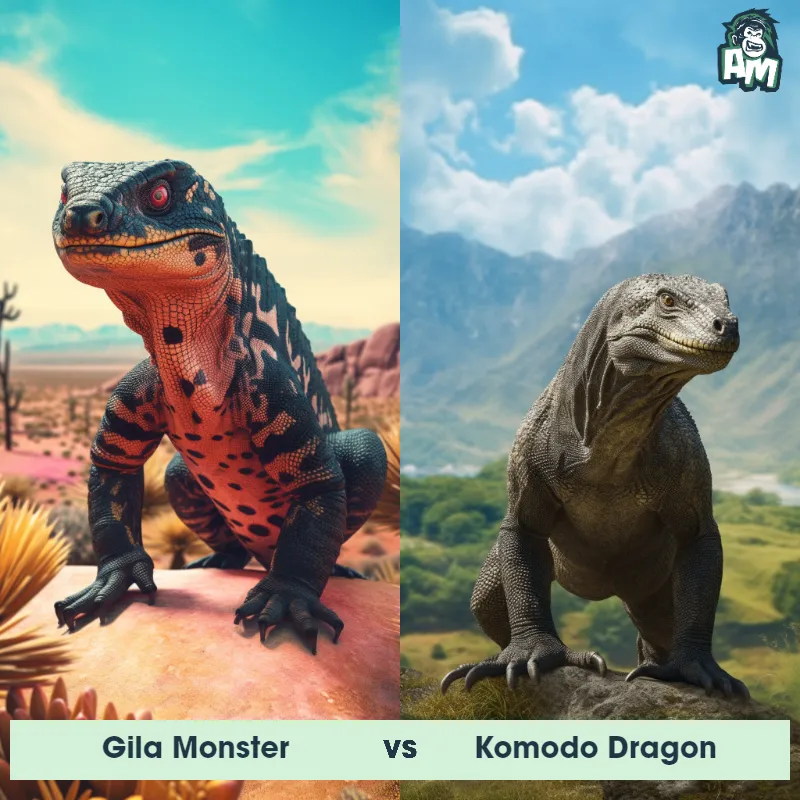Komodo Dragon vs Siberian TigerSee Who Wins

Ladies and gentlemen, welcome to this thrilling matchup between two incredible predators! In one corner, we have the mighty Komodo Dragon, known for its deadly bite and armored scales. And in the opposite corner, we have the awe-inspiring Siberian Tiger, agile and powerful, with razor-sharp claws. Let's witness this clash of titans as they go head-to-head in a three-round fight!
Contender 1: Komodo Dragon
The Komodo Dragon, also known as the Komodo monitor, is a large species of lizard that can grow up to 10 feet long and weigh up to 300 pounds. They have rough, scaly skin, sharp claws, and a long, powerful tail. Their teeth are serrated and can deliver a venomous bite that can cause paralysis and death in their prey. They are native to the Indonesian islands of Komodo, Rinca, Flores, Gili Motang, and Padar.
Fun Fact: Komodo Dragons have a keen sense of smell and can detect carrion from up to 5 miles away.
Contender 2: Siberian Tiger
The Siberian Tiger, also known as the Amur Tiger, is the largest subspecies of tiger and can weigh up to 660 pounds. They have a distinctive orange coat with black stripes and a white belly. Their powerful legs and sharp claws make them excellent hunters, and they are known to prey on deer, wild boar, and even bears. Unfortunately, due to habitat loss and poaching, the Siberian Tiger is critically endangered with only around 500 individuals left in the wild.
Fun Fact: Despite their size and strength, Siberian Tigers are excellent swimmers and are known to swim across rivers and lakes in search of prey.
Matchup Stats
| Komodo Dragon | Siberian Tiger | |
|---|---|---|
| Size | Up to 10 feet (3 meters) long | Up to 10 feet (3 meters) in length; up to 3.5 feet (1.1 meters) in height at the shoulder |
| Weight | Up to 300 pounds (136 kilograms) | Up to 660 pounds (300 kilograms) |
| Speed | Speed: 12 mph (19.31 km/hr) | Speed: 50 mph (80.47 km/hr) |
| Key Strength | Powerful jaws and sharp teeth | Powerful legs and sharp claws |
| Biggest Weakness | Slow movement and lack of agility | Vulnerable to poaching and habitat loss |
Current Votes
Komodo Dragon vs Siberian Tiger
See Who Wins
View More Matches
Looking For More?
Similar Matches
Scientific Stats
| Komodo Dragon | Siberian Tiger | |
|---|---|---|
| Scientific Name | Varanus komodoensis | Panthera tigris altaica |
| Family | Varanidae | Felidae |
| Habitat | Terrestrial | Forests and grasslands |
| Geography | Indonesian islands of Komodo, Rinca, Flores, Gili Motang, and Padar | Russia, China, and North Korea |
| Diet | Carnivorous, primarily eats deer, pigs, and water buffalo | Deer, wild boar, bears, and other large prey |
| Lifespan | 20 years - 30 years | 10 years - 15 years |
Key Differences between Komodo Dragon and Siberian Tiger
- Coloration: The Komodo Dragon exhibits earthy tones such as brown, gray, and green, intricately patterned to blend with its surroundings, whereas the Siberian Tiger boasts a striking pattern of orange coat with black stripes, providing effective camouflage amidst the snowy terrain.
- Skin Texture: The Komodo Dragon has rough and scaly skin, similar to that of a reptile, providing it with some protection, whereas the Siberian Tiger has soft fur covering its body, which helps to insulate it in its cold habitat.
- Head Shape: The Komodo Dragon has a large and triangular-shaped head with a prominent, wide mouth and strong jaws equipped with razor-sharp teeth, while the Siberian Tiger possesses a more rounded head, adorned with piercing yellow eyes and powerful jaws as well.
- Body Shape: The Komodo Dragon has a bulky and muscular body with a stocky build, while the Siberian Tiger possesses a more streamlined body and is known for its long and lean physique.
- Tail Length: The Komodo Dragon possesses a relatively short tail, typically measuring less than half its body length, which aids in its agility and balance, whereas the Siberian Tiger has a long and thick tail, serving as a counterbalance during powerful leaps and turns.
- Size: The Komodo Dragon is much larger than the Siberian Tiger, with adult dragons reaching lengths of up to 10 feet and weighing around 150 pounds, while adult tigers measure about 10 feet in length including their tail and weigh around 500 pounds.



